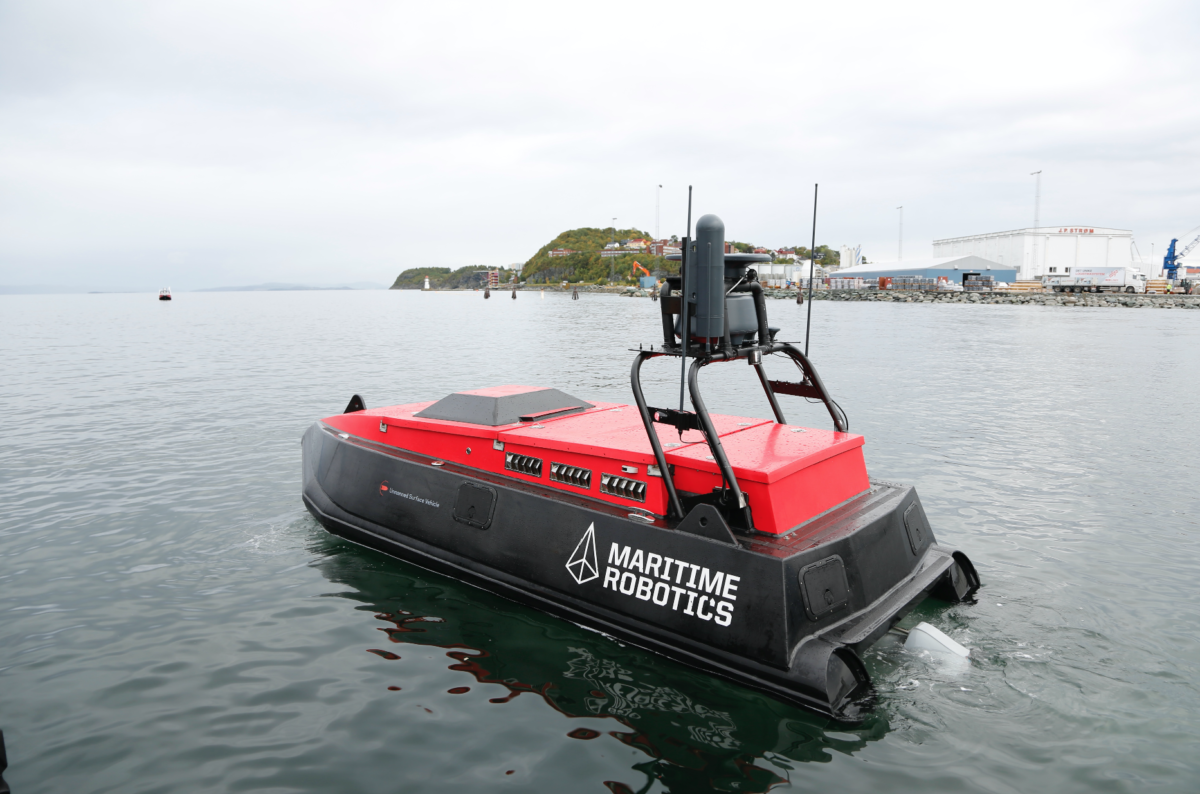
The UK P&I Club has reminded those working in the marine industry that significant insurance damage claims can result if a bulk cargo is damaged due to the leakage of the bilge system into a loaded bulk cargo hold.
To reduce the chance of such cargo damage, operators and surveyors are advised to inspect and test the cargo hold bilge system as part of the routine pre-loading checks of the cargo holds.
Inspection and testing of cargo hold bilge system non-return valves should be included in routine pre-loading checks of the holds. These non-return valves may not be seated tightly, because of the Continue reading “Operators and surveyors urged to test cargo hold’s bilge system to minimise claims”










